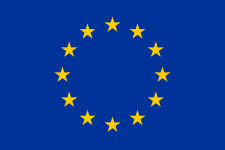
Nightlife: how Turin revitalised two neighbourhoods together with residents
September 2023 – How to revitalise neighbourhoods that are perceived as unsafe at night and foster a feeling of belonging among residents? Faced with this challenge, the city…





